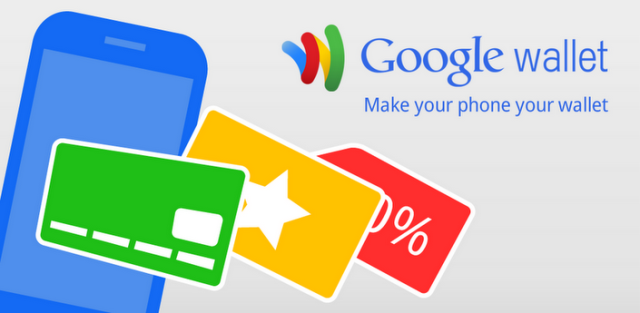
Today, Google announced it's rolling out a new version of the Google Wallet app for all phones running Android 2.3 or higher. This makes the app compatible with the majority of Android handsets. Previously the app required an NFC chip with a secure element, something only Nexus devices and about 12 other phones had. Carriers had been declaring all-out war on Google Wallet, with three of the big four (Verizon, AT&T, and T-Mobile) banning it outright from their phones in favor of ISIS, a competing solution that has yet to be released.
Google really hasn't changed the way Wallet works. Paying for stuff at a terminal will still require you to have one of the select few phones with NFC and be using a carrier that hasn't banned it. What Google has done is add features that non-NFC equipped phones can use. You can now send money to an e-mail address, just like PayPal. (This feature has been available on desktop Gmail for a few months as "attach money.")
Wallet will also be supporting loyalty cards, which will require you to scan the phone screen with a barcode scanner at checkout. A small handful of companies will integrate with the wallet app and display things like rewards points balances in the Wallet app itself. The Wallet blog post also touts integration with Google Offers, which has been around for a while, and Google is offering 100 percent purchase protection against any fraudulent activity.
Since Wallet no longer requires NFC, there's no reason for it to be Android-only anymore. We wouldn't be surprised to see an iOS app (assuming Apple allows it) sometime soon. Almost a year ago, Google set up an invitation page for a version of Google Wallet that would work on Android, iOS, and "other" devices, but nothing ever came of the project. The page remained up for months and was recently taken down, with no word of what happened to the project. It looks like a year later, Google is finally getting it out the door.
reader comments
63